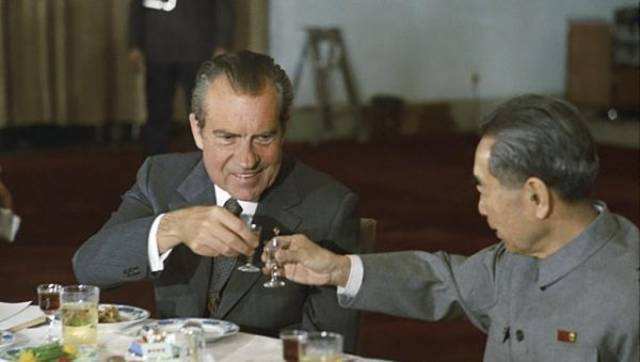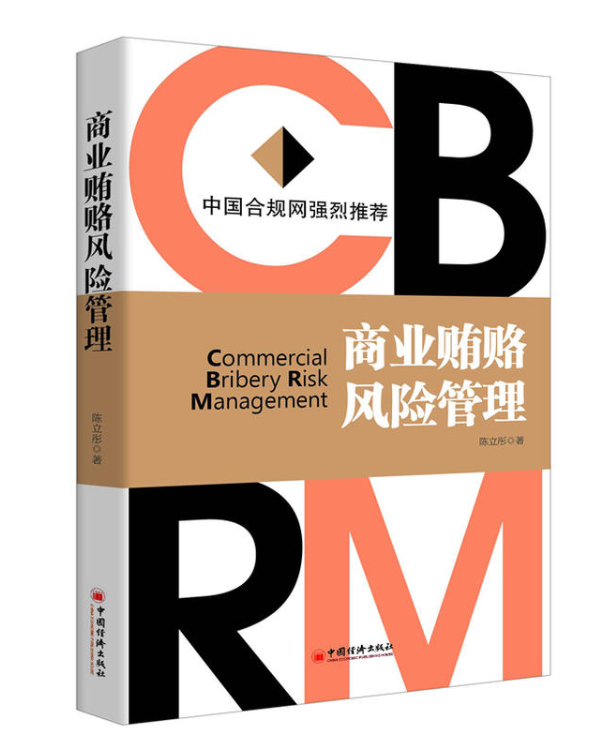Recently,
the Market Supervision Bureau ("MSB") of Shanghai Qingpu District penalized
a medical device distributor with a fine of RMB 50,000 (about US$ 7,200) because
the distributor made a unique bribe to a "doctor" responsible for
procurement of medical devices in a hospital in Nanjing City (a city about 270
kilometers away from Shanghai), Jiangsu Province. The reason why the bribe is unique is that the
bribe was not cash, but 2 bottles of famous luxurious liquor—Moutai. The total value of the two liquors is about RMB
3,000 (about US$ 440).
The
distributor is registered in Qingpu District, Shanghai, so the MSB of Qingpu
District has jurisdiction over the case. The MSB of Qingpu District is well-known for
being tough in cracking down on bribery.
Although
the total amount of the bribery was not that much, a gift of Moutai is quite
eye-catching in the eyes of MSB officials.
Moutai
was named a national liquor in 1951, two years after the founding of People's
Republic of China. Moutai has been used
on official occasions in feasts with foreign heads of state and distinguished
guests visiting China. It is the only
alcoholic beverage presented as an official gift by Chinese embassies in
foreign countries and regions. It
received wide exposure in China and abroad when Premier Zhou Enlai used the
liquor to entertain Richard Nixon during the state banquet for the U.S. presidential
visit to China in 1972. Zhou told Nixon
that Moutai had been famous since it won recognition at the San Francisco
World's Fair in 1915, and “that during the Long March, Moutai was used by us to
cure all kinds of diseases and wounds." Nixon replied, "let me make a toast with
this panacea." When Deng Xiaoping
visited the United States in 1979, Henry Kissinger told him "I think if we
drink enough Moutai we can solve anything."

On
the one hand, Moutai became the drink of choice for greeting foreign
dignitaries; on the other hand, Moutai is the bribe of choice to officials (as
well as non-officials).
Although
doctors are regarded as government officials under the FCPA if the doctors work
in a state-owned hospital. Because
almost all of the hospitals are state-owned, doctors in China are a token for
governmental official under the FCPA. However,
surprisingly, doctors are not deemed as state personnel or government officials
under the Criminal Law of China. In
2014, GSKCI (a subsidiary company of GSK in China) received a criminal fine of
RMB 3 billion (about 437 million US dollars) for giving bribes to doctors. And several senior executives of the company received
criminal punishments as well. The name
of the crime is nothing but bribing non-state working personnel. Otherwise, the punishment could be harsher.
However,
there is an important exception. If the
doctor is a kind of administrator in a state-owned hospital, just like the
doctor in this case responsible for procurement (of medical device), he or she
would be deemed as a government official. So bribing a doctor with administrative responsibilities
will receive a severer punishment than bribing a common doctor. The reason why the distributor received an
administrative ticket not criminal punishment is that the total amount is not
that much. With that said, there are two kinds of bribery law in China: one is the Criminal Law; another is Anti-Unfair
Competition Law (which is an administrative law), about which you may follow
the link to read more:
http://www.compliancereviews.cn/Arc-v.Asp?ID=1022
*The author, Henry Chen, is a senior partner of Dentons Shanghai Office, before which Henry Chen was the AP Compliance Director of Ford Motor Company. Henry Chen is licensed to practice law in both China and the New York State of the U.S. Henry is the author of the book Risk Management on Commercial Bribery in China. Henry is accessible via henry.chen@dentons.cn






